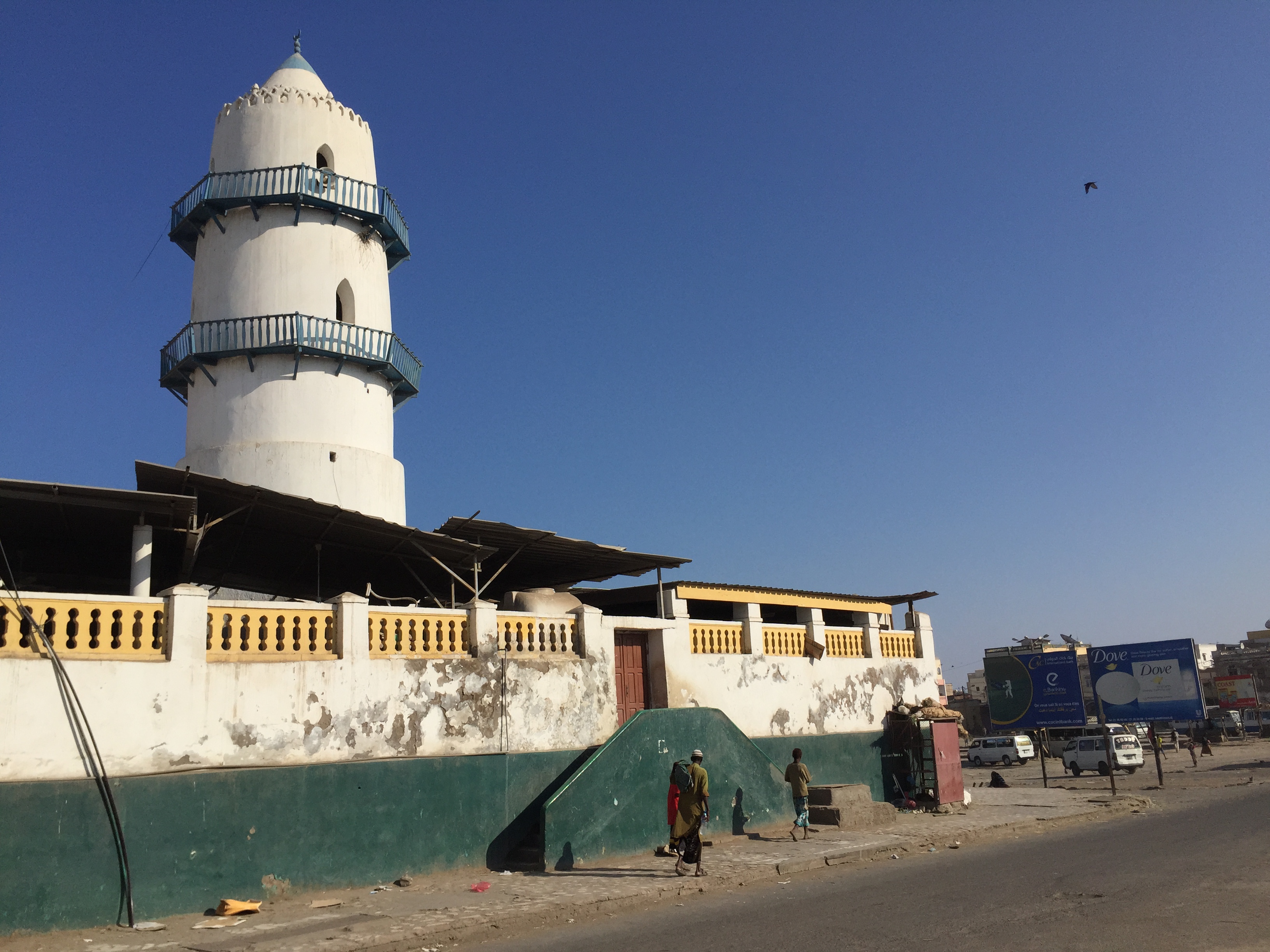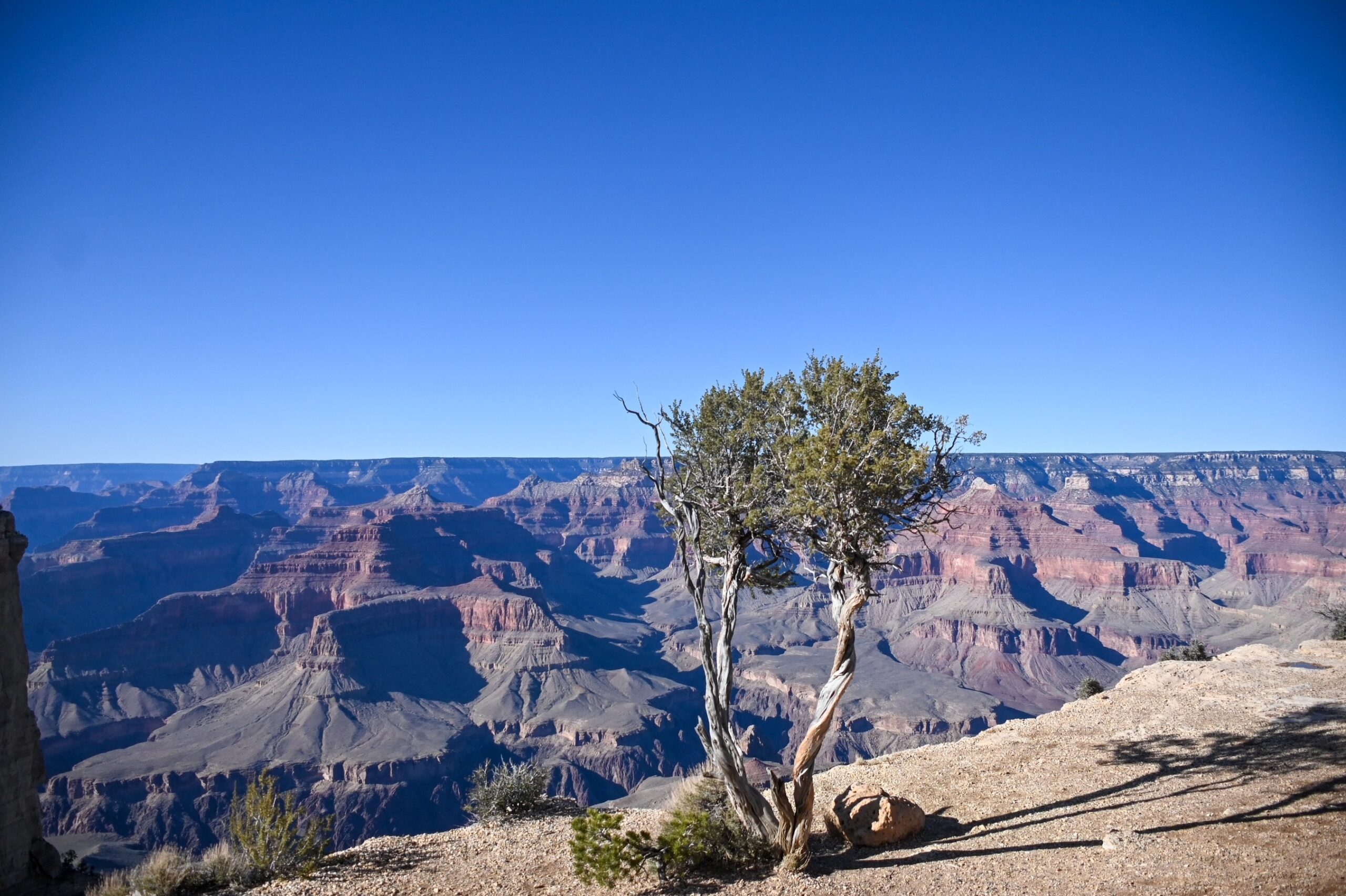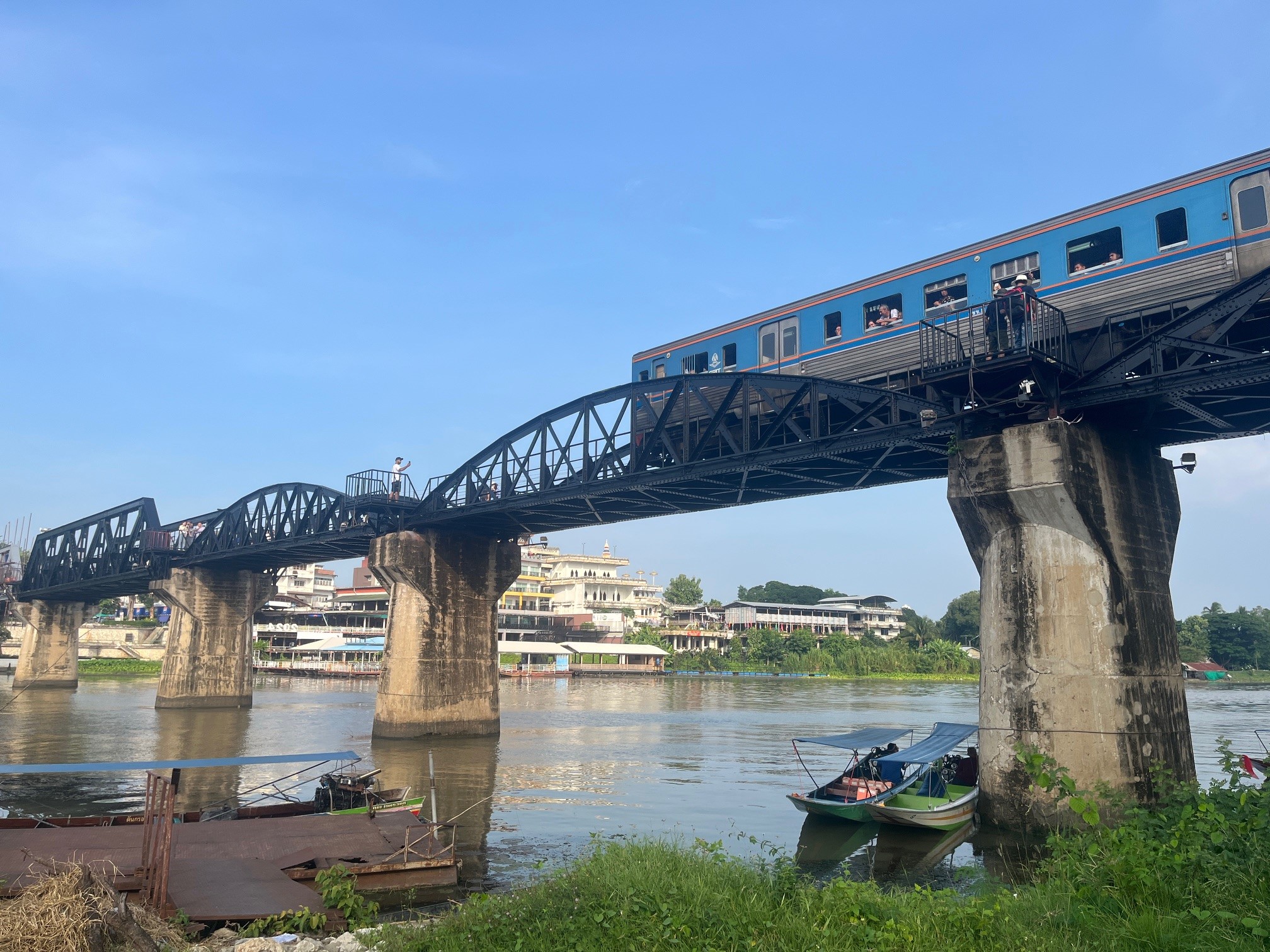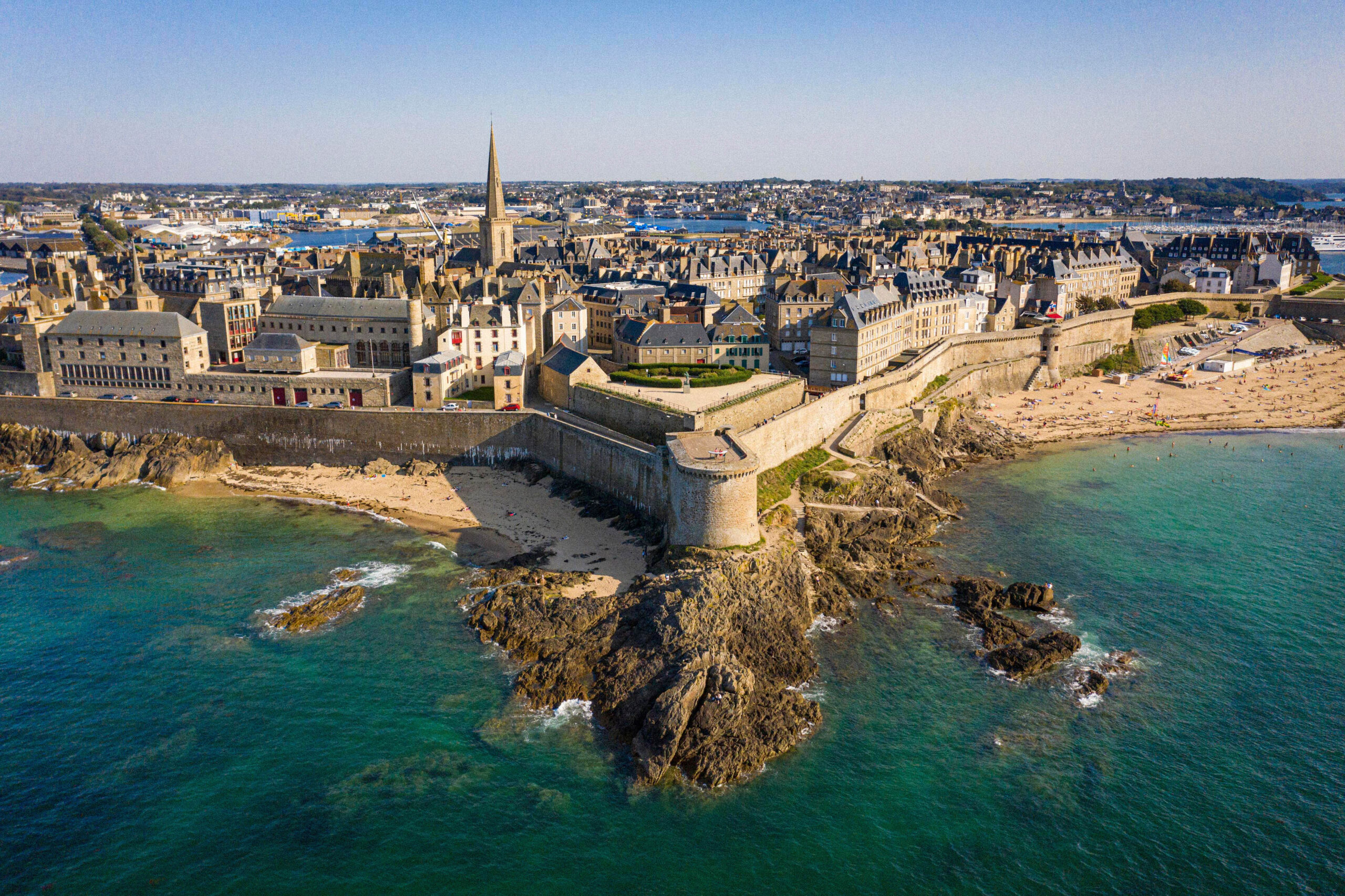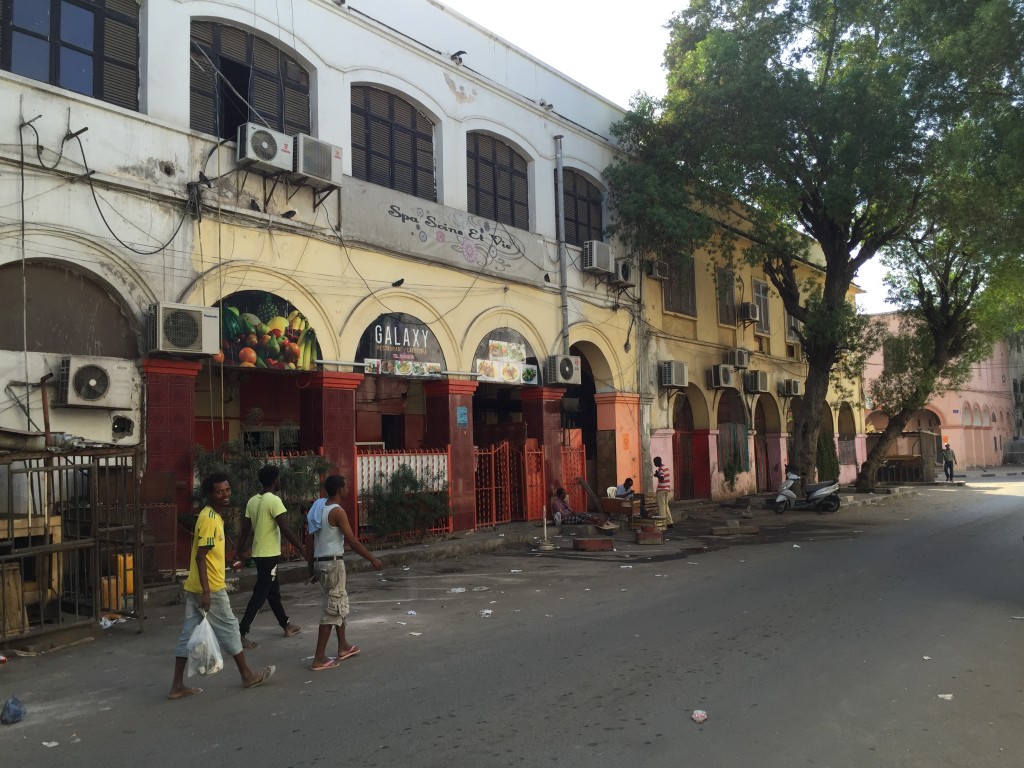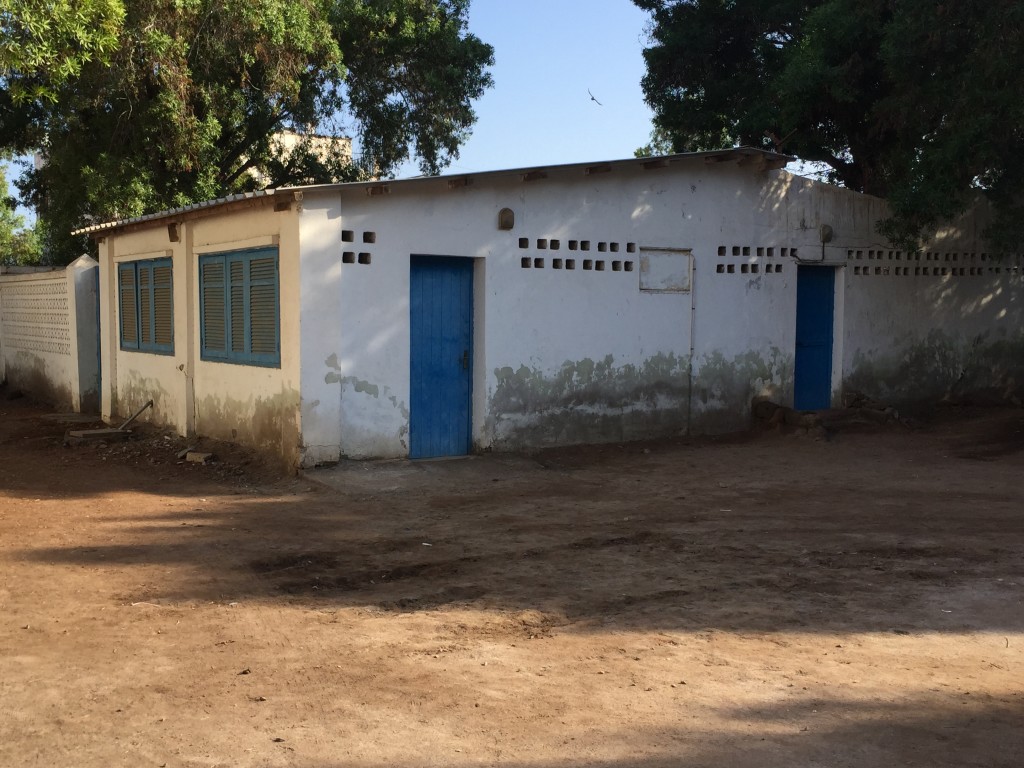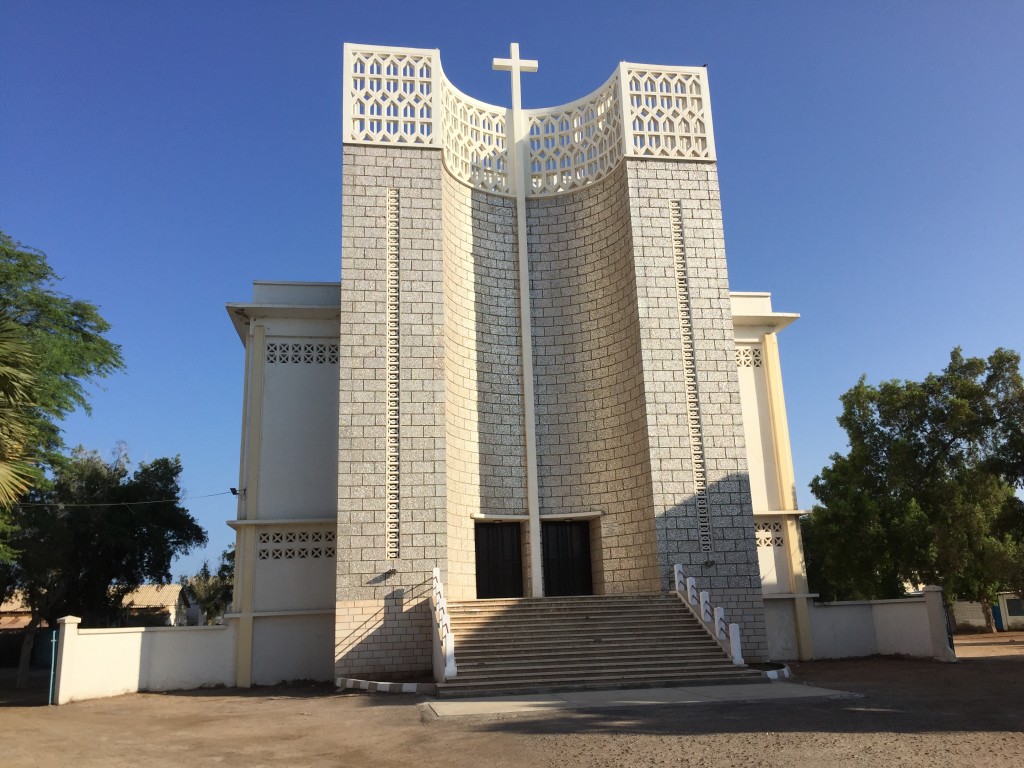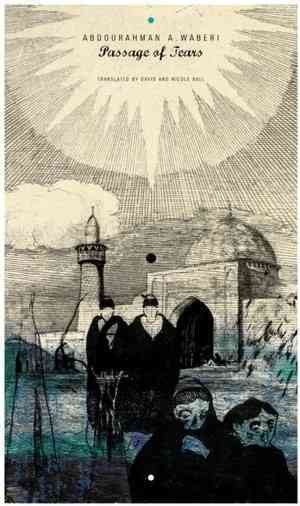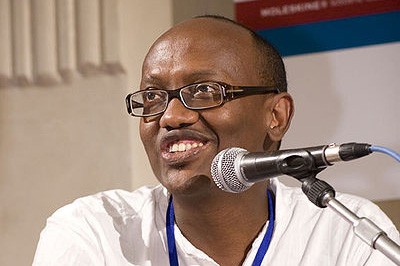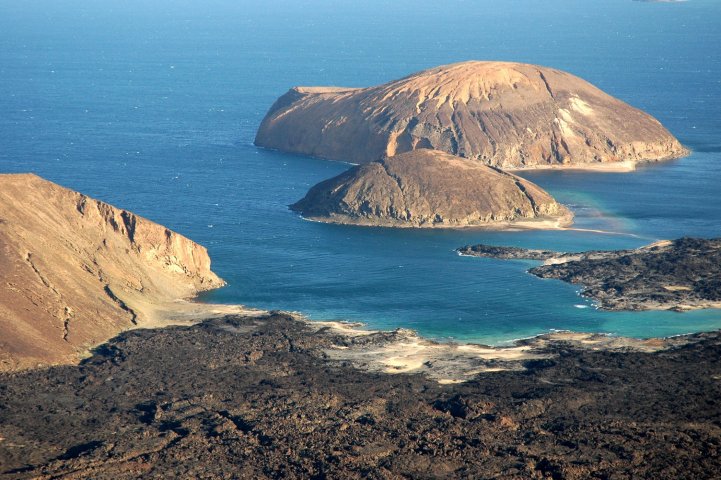Twenty years later. Or almost. And at first sight, very little had changed. The sun, the dust and the smells are still oppressing the wanderer who dares taking a stroll in the early afternoon around the white and blue mosque on Place Rimbaud. The sellers in their colorful boubous are sitting next to their fruit and khat stalls. A green and white taxicab rides – who knows by which miracle- the empty Boulevard de la République. But wait, the open-air cinema L’Odéon has closed its doors. Young ladies step down from overcrowded minibuses with elegance and restraint. The arcades downtown around Place Ménélik are sleepy, maybe anticipating the night’s frenzy. The railway along the Siesta beach, now disused, is still the street children’s playground.
Even the room in which I lived for two years in the cathedral’s shadow did not change at all. It still has the same turquoise door and shutters and the moisture stains eating the white wall from the bottom. I could have taken the same picture when I arrived twenty years ago.
I read the first pages of « Passage of Tears », the beautiful novel by Djiboutian author Abdourahman Waberi, in front of my former office. The book offered me a striking parallel. Djibril, born and raised in Djibouti, made his life in Canada and the US. His wife is Canadian. After a long absence, he comes back to his childhood country for an intelligence mission. Investments are now burgeoning in Djibouti’s port. Navies from all over the world have understood the strategic potential of this little country guarding the Bab-el-Mandeb, « The Gate of Tears », the strait controlling the South of the Red Sea, opposite Yemen. In addition to the Somali pirates, it’s the fight against the Jihadists who has transformed this city-state into a hub for armies, drones and secret services. From that point of view, Djibouti changed a lot.
Back in Djibouti, Djibril gradually leaves his mission’s tracks and is confronted with echoes and wounds from his childhood. The stories told by his grand-father Assod. His friendship with David, a Yemeni Jew. And above all the defining rivalry with Jamal, his twin brother. He will not see him, but his brother might be the one who observes him and has him followed from the high security jail at the end of the Goubet al-Kharab where he is locked as an Islamic radical. A prisoner who meanwhile discovers the journey of the German philosopher Walter Benjamin, his exile, his flight from occupied France to Spain in 1940 and finally his suicide in Port-Bou’s dead end.
Like Djibril coming back to his childhood’s places, I was returning briefly to one of my youth’s cherished places. Then as now, I couldn’t care less about the heath or the dirt. Most of the people who I had mingled with were gone. Some were dead, others had left the country. But I was finding back the same expressions, the same smiles, somewhat defying, somewhat flirtatious. Some Somali words were coming back on the tip of my tongue. I felt like a foreigner who very quickly finds his marks.
I was remembering the promised opportunities, measuring the journey accomplished, the choices made and the passages crossed. Not easy to look back without shedding some tears.
